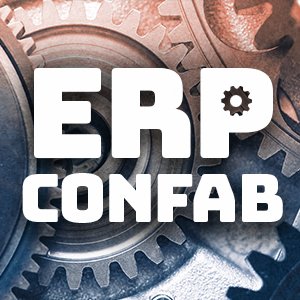
sdecoret - stock.adobe.com
Emerging era of AI in finance calls for reskilling of workers

Explore the benefits and challenges of AI in finance with Kimberly Ellison-Taylor, former AICPA board chair and longtime finance thought leader at Oracle.
AI and robotic process automation might be the sharpest of double-edged swords.
Already the brains behind much of today's digital transformation and innovation, AI and RPA could lift humanity to new heights of creativity, productivity and intelligence. They could also slash jobs and entire professions, deepen the divide between haves and have-nots and slice up the geopolitical map as China, the U.S. and the E.U. race to develop the smartest AI in a new cold war.
When it comes to the use of RPA and AI in finance departments, the risks and opportunities raise important issues in talent acquisition and employee retention.
As AI takes over more manual accounting tasks, such as invoice reconciliation and the monthly close, some clerical positions will likely be eliminated. AI proponents usually counter such concerns with a pat answer: People will be freed for work that is more analytical, creative and rewarding. But they're short on answers for how, say, a bookkeeper with an associate's degree will suddenly do financial planning and analysis with more highly educated CPAs and MBAs.
It will take a massive retraining effort to equip finance workers for this new age of AI.
But CFOs face another, perhaps equally serious talent threat if they fail to seize the AI opportunity, according to a survey by market research firm Savanta that Oracle sponsored and released in June. The biggest finding is a real shocker: 83% of millennials and 79% of Generation Z respondents said they would trust a robot over their organization's finance team.
 Kimberly Ellison-Taylor
Kimberly Ellison-Taylor
The implication is that organizations that don't adopt AI and RPA will have trouble attracting and retaining the young workers they need to carry them into the future.
In this podcast, I talked to Kimberly Ellison-Taylor about these and other issues related to AI in finance. She's a former board chair of the Association of International Certified Public Accountants who currently is on the boards of U.S. Bank, Mutual of Omaha and EverCommerce.
Understanding the implications of AI for finance
Given her accounting and IT background, leadership roles at KPMG and Motorola and nearly 17 years in product and service strategy at Oracle, Ellison-Taylor has deep experience at the intersection of technology and business. Part of her work since leaving Oracle and starting her own consulting firm in the spring of 2021 has been to help finance departments with their transition to AI.
The biggest challenge, according to Ellison-Taylor, will be helping people adjust to AI's growing presence in their lives.
"I think they're going to be concerned that it is going to replace their role," she said. "The CFOs are going to have to be chief communicators, often, frequent, directly -- and using every mode of communication possible to get it across to the team that they are essential."
Admittedly, Oracle is in the business of selling AI-enabled finance software, and this isn't the first time a vendor has breathlessly unveiled a survey that shows a crying need for its products. The findings are nonetheless thought provoking and make points about talent management and the employee experience that companies will be wise to heed.
Other issues discussed in the podcast include the following:
- whether AI is mature enough;
- the "black box AI" issue and its effect on finance operations;
- obstacles to broader adoption; and
- getting AI know-how into the finance department.
To hear the podcast, click on the link above.